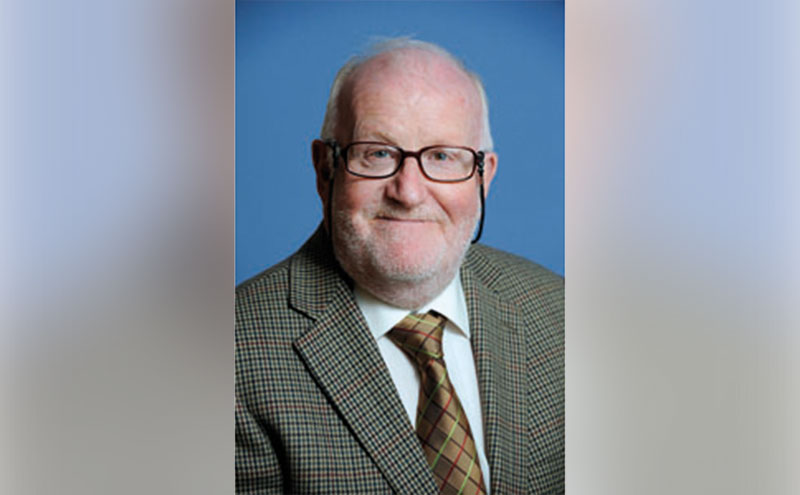
Len Bunton, a dispute resolution specialist and chair of the recently assembled working group of Scottish construction industry stakeholders seeking to explore and encourage greater use of conflict avoidance processes, provides an update on the situation. The original article about what the aims are can be read here.
THE construction industry in Scotland is taking increasing interest in the RICS Conflict Avoidance Process – CAP. The CAP Working Group has met several times in the last few months and has included representatives from public and private sector procurers, several Tier 1 contractors, NHS Estates, the University sector, local authorities, and leading QS and project management organisations.
NHS has included CAP in the recently awarded Framework 3, which will run for five years with a spend of £650 million.
The CAP is being supported by the CICV Forum, SELECT, SNIPEF, FMB, CECA, IFS, and SBF.
Guidance on how the process operates has just been published by the RICS in conjunction with Working Group in Scotland. This is available from gbeasley@rics.org or fparker@rics.org
The interest in CAP, from the construction industry in Scotland, is incredible. The guidance includes a briefing note on how the process operates, a sample CAP Clause, and a one page easy to digest walk through the process. It is essential that the CAP applies to the whole industry supply chain. The objective is early intervention, and to avoid the escalation of disputes.
In addition, the CAP Working Group is supporting a series of UK seminars [free] to promote CAP across the whole UK Construction Industry, and the link to the seminars is set out below:
- 05.21: What Is Conflict Avoidance & How Is It Used? NEW | Silver Law (silverllp.com)
- 06.21: Conflict Avoidance In Practice: The Practitioners NEW | Silver Law (silverllp.com)
- 07.21: Conflict Avoidance In Practice: Company Adopters NEW | Silver Law (silverllp.com)
- 09.21: The Growth Of Conflict Avoidance & Early Intervention NEW | Silver Law (silverllp.com)
For further information and advice on the CAP Process, please contact gbeasley@rics.org








